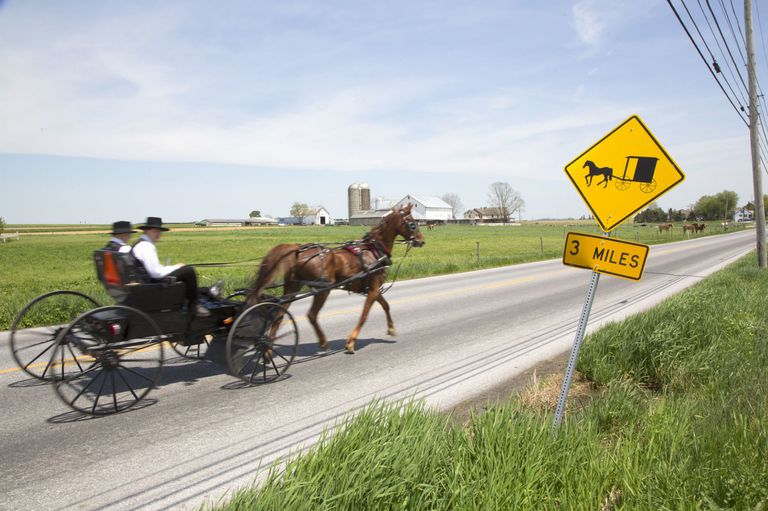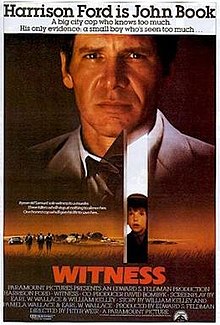People are fascinated by the Amish. I mean isn’t it amazing how entire communities can choose to live in a different time than everyone else?
My only issue with this concept is that it is a total rejection of the idea of progress. I believe in progress, but I also know that progress isn’t some magical force that always leads to improvements in people’s lives. One of the greatest bikolosophers of all time, Mary Shelley, wrote about this in 1818, better than anyone has before or since, in “Frankenstein, or the Modern Prometheus.”
We should reject some things that scientific and technical progress leads to. I would include in that category anything that breaks down our connections to a particular place on Earth. People want to be part of a community. People need to be part of a particular place if they are to form a community. Transportation choices, especially the daily migration patterns of homo sapiens from their place of shelter to their place of food gathering determines whether a community exists or whether urban sprawl rules.
Once the whole world becomes a series of big generic strip malls connected to generic suburbs via giant highways, then we’ve lost what makes living interesting and have no choice but to focus on the food gathering, rather than what we do with it. At that point the only alternative for people who don’t want to live that way will be the Amish option–to reject it all and be separate. The fact that virtually every adult now owns an automobile has done more to make this dystopian version of the future real than anything else. Cars are the glue that holds the strip malls to the highways to the suburbs.
Luckily, we’re not there yet. Well, maybe some places are. Car culture is a real thing. Many people take cars seriously. People assume cars have to be the one thing that all cities are built around. Why? This assumption is dangerous and wrong. Ask the Amish.
We need to develop bike culture. Scale down. Rely on your own power for your daily migrations. Start chipping away at the monolithic car-based vision of the world and start building a viable alternative; a community. Make choices that make your life better, rather than more hectic and stressful. Biking to work is the best first step you can make.
Maybe we bikers are the Amish of our times, or maybe we’ll change the world instead of separating ourselves from it.
My scientific references that I used for researching this post, include the following:




One thought on “Amish of the 21st Century”